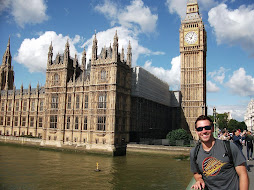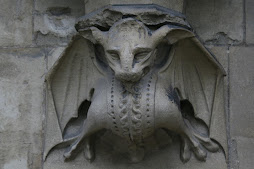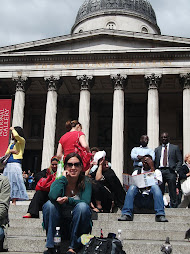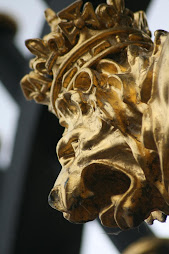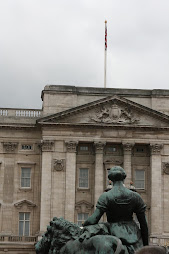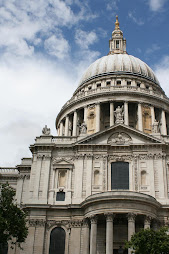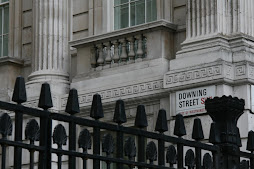"Behold the turtle. It only makes progress when it sticks its neck out."
-James Bryant Conant (1893 - 1978)

We arrived back on the dusty Oman soil 6 weeks ago. The first few weeks were spent coordinating the new staff arrivals and getting ourselves reaquainted with "working" again. Fortunately soon after, we had time to take off and venture out into the various regions of the Sultanate. We really missed this place over the summer.
The first free weekend we had we headed down to see the giant turtles nesting again. We had heard of a secluded beach up the coast that a friend of ours had found. With the directions in hand we headed out with our friends (Lucas and Tenielle) to hang out with these pre-historic, shelled marvels. Leaving the roads behind we headed up and over a small cliff and then walked to the edge overlooking the lapping sea. Just before sunset we found the beach and it was filled with hundreds of giant craters (nesting sights). Between 10pm and midnight we wandered around in the darkness and saw 40-50 giant Turtles struggling onshore, laying eggs and then heading back into the ocean. Truly mind blowing to have this all to ourselves in the middle of nowhere. Facinating.


The following weekend we took some kayaks out along the Muscat coastline. Paddling past the Sultan's Palace, the sailor burial sites, and through secluded inlets was a wonderful way to spend the early morning. As we beached in an inlet we saw several sharks darting around the shallow water. I stepped out (not seeing the sharks) of the Kayak to push it ashore. A shark half the size of our double Kayak zipped behind my leg. In our ignorance we were sure that they were reef sharks and nothing to worry about. A day later we found out that they are Bull sharks and very aggressive. There were four full sized ones (3/4's the length of the kayaks) and the smaller one that was behind me. Ignorance certainly is not bliss.



Last weekend to decided to head up to the cool mountains in the interior. Ourselves and four of our friends hiked along the inner ridge of Omans highest peak (Jebel Shams) until we hit an old abandoned village. We camped here for the night on the terraced fields of the former inhabitants and enjoyed a view into Arabia's "grand canyon". One of the best "campsites" I've ever been in. Just the six of us and the scorpion that scurried around us at dinner.



In the next few weeks we have a 5 day holiday that will see us head south to the area where the desert meets the ocean. Additionally our good friends are getting married and we are excited about this and all the festivities surrounding that event.
We are glad to be back in Oman and looking forward to sharing it with friends soon. We have lots of visits this year starting in early Oct. and continuing through Feb. We couldn't be more pleased to show our friends this wonderful country.
















